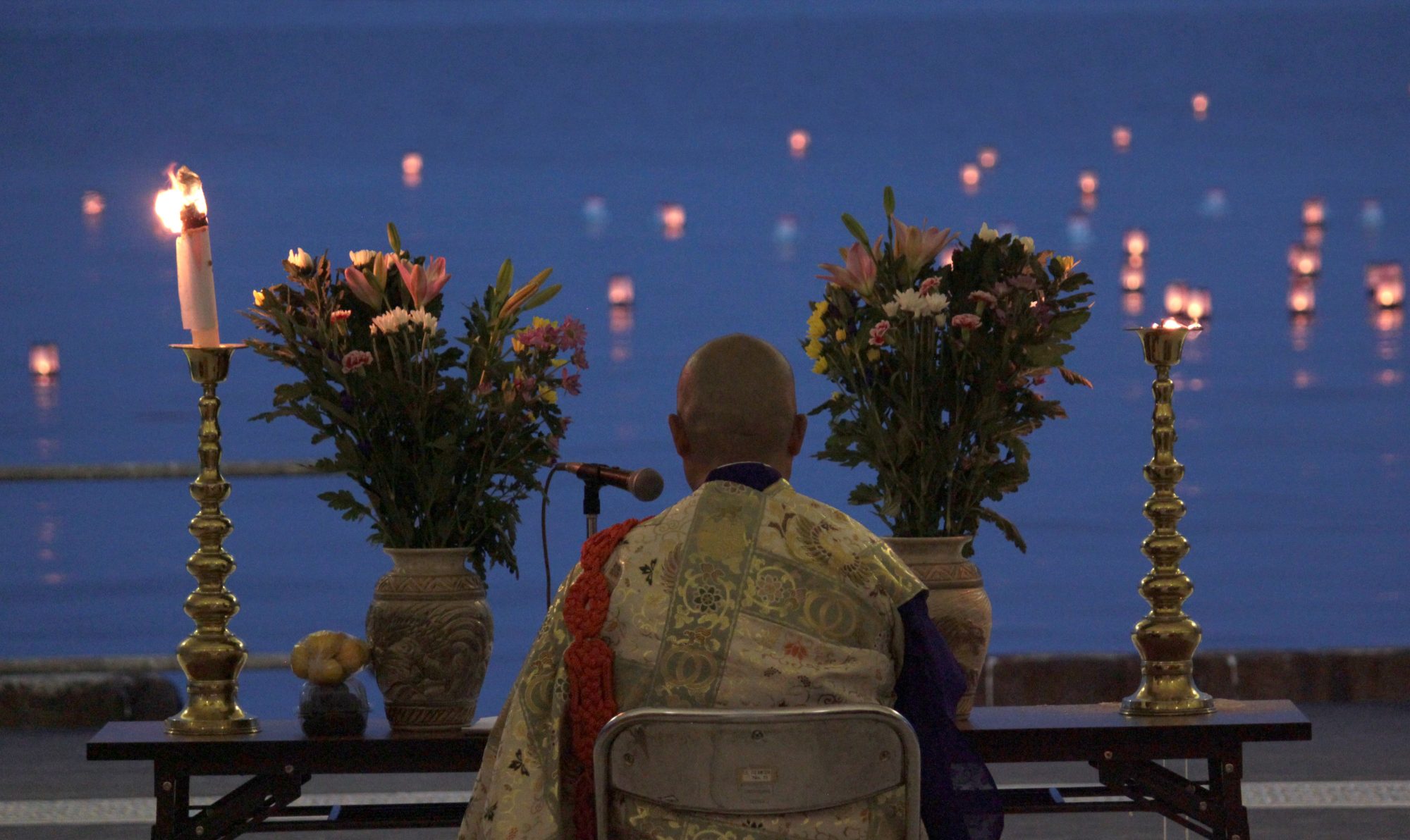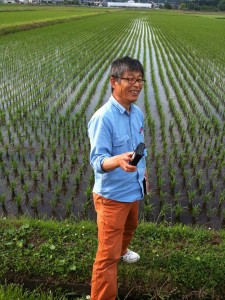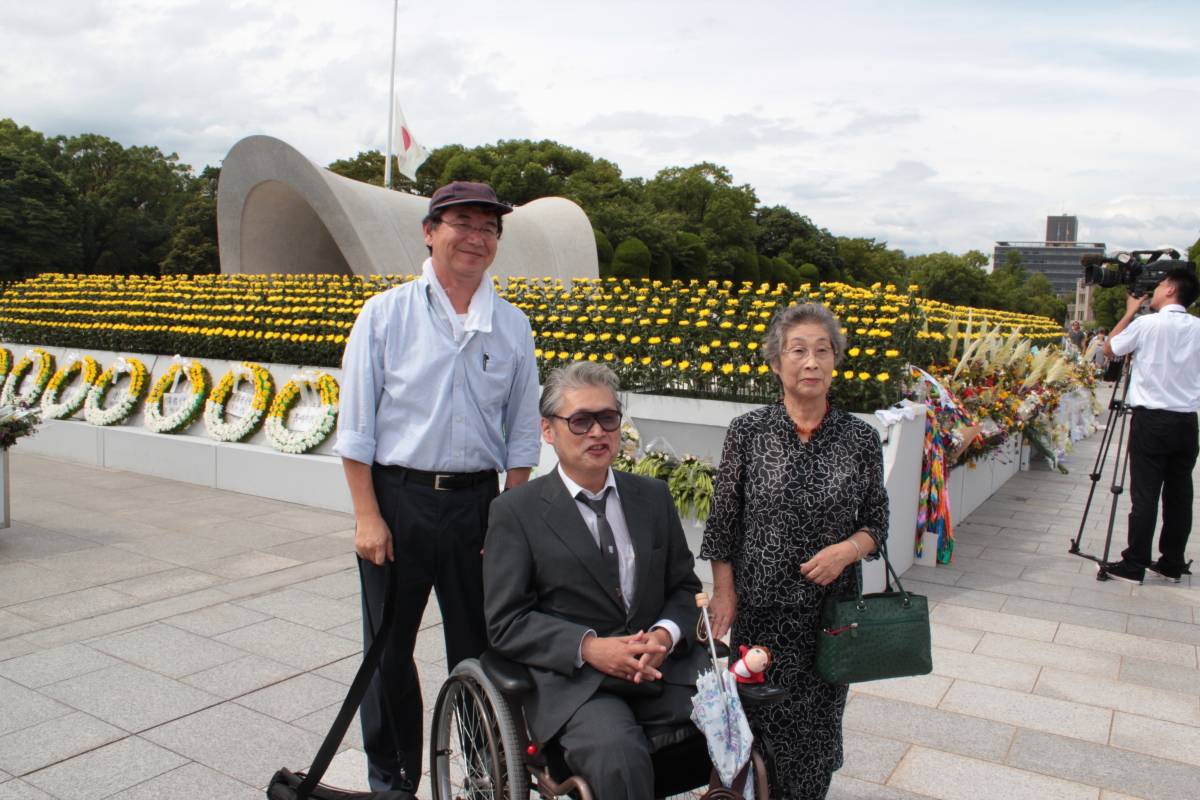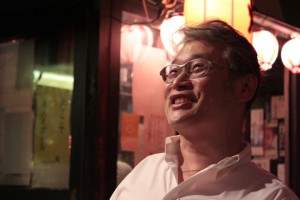As we mark the second anniversary of the Great East Japan Earthquake, tsunami, and nuclear disaster, we present the new trailer for our in-progress documentary Uncanny Terrain, following the organic farmers of Fukushima fighting for the right to cultivate their contaminated land and preserve their traditional communities.
We plan to return to Fukushima this spring to capture where the farmers are two years later, as they continue their efforts to rebuild their lives and restore their farms.
Please help us cover the cost of making this trip and completing the film, by making a tax-deductible donation.



































